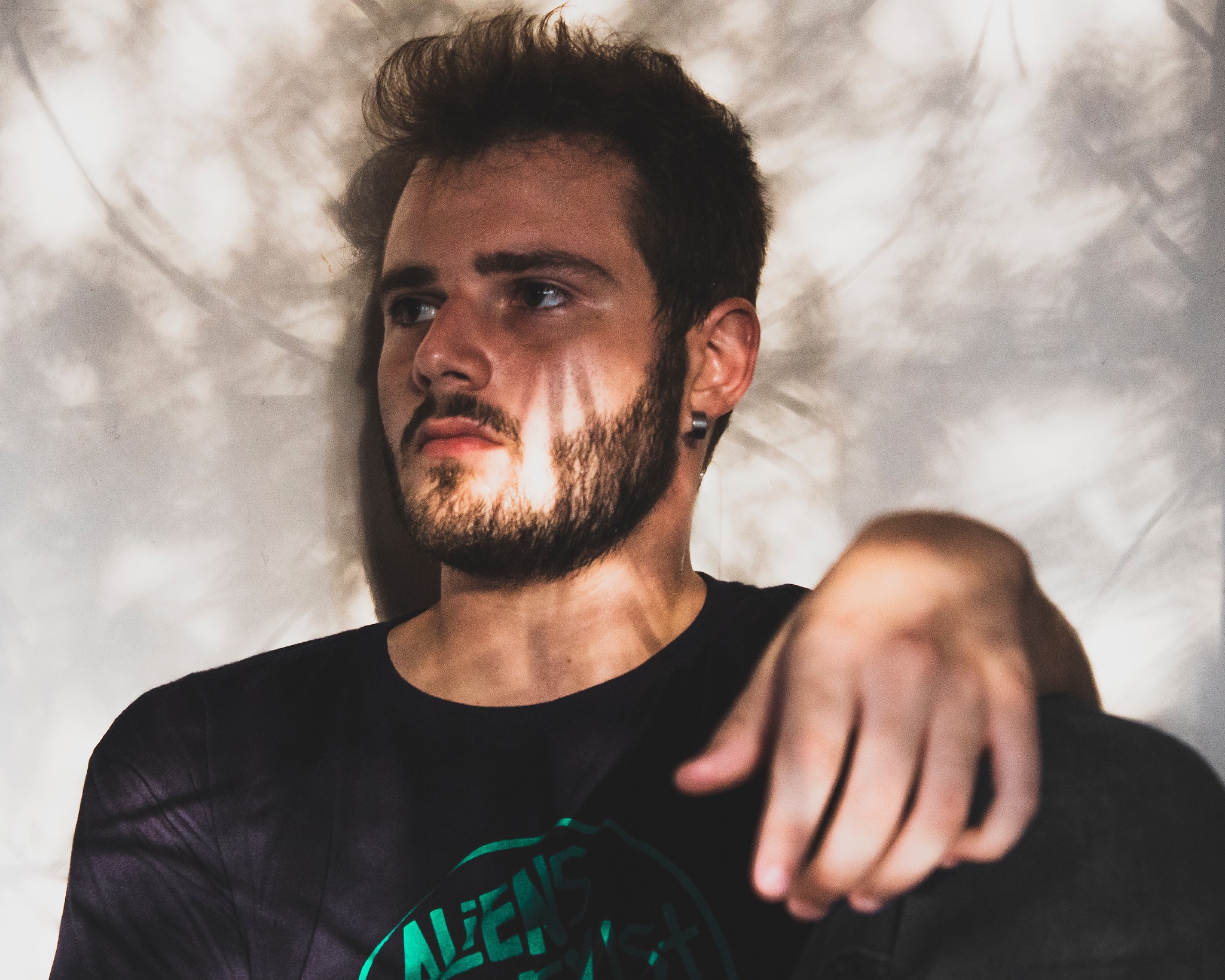Fears—even irrational ones—are a normal part of life. The majority of Americans have experienced an irrational fear of getting on an airplane or have considered skipping a social situation out of fear of embarrassment. Furthermore, some degree of fear can be a healthy reaction to dangerous situations.
When fears become intense and persistent, they can interfere with daily life. A phobia is a type of anxiety disorder that involves an overwhelming and debilitating fear of a specific object, place, situation, or feeling. People with severe phobias may go to great lengths to avoid the stimuli that cause them intense fear. In addition to avoidance, phobias can cause psychological distress and discomfort.

How common are phobias?
According to the National Institute of Mental Health (NIMH), phobias are one of the most commonly diagnosed mental disorders in the United States, with approximately 12.5% adults experiencing a specific phobia at some point during their lives.
The figure is similar for social phobia, which affects approximately 12.1% of adults. Agoraphobia is less common, affecting 1.3% of adults at some point in their lives.
Types of Phobias
Phobias fall into three main categories, namely:
- Agoraphobia: Agoraphobia involves an irrational fear of being in any situation from which immediate escape may not be possible. Agoraphobia often manifests itself in a fear of leaving the house or a fear of public places. Many people develop agoraphobia after a panic attack and then continue to avoid places where panic attacks may happen again.
- Social phobia: Social phobia, also known as social anxiety disorder, involves an unreasonable fear of social situations and social activities, especially situations in which an individual may feel embarrassed or judged by others.
- Specific phobias: All other phobias are categorized as specific phobias under the Diagnostic and Statistical Manual of Mental Disorders (DSM-5). Specific phobias vary widely, and many have specific terms based on the feared stimuli.
According to the American Psychiatric Association, common phobias include:
- the fear of spiders (arachnophobia)
- the fear of flying (aviophobia)
- the fear of heights (acrophobia)
- the fear of dogs (cynophobia), snakes (ophidiophobia), or other animals
- the fear of needles or vaccines (trypanophobia)
- the fear of loud noises (phonophobia)
- the fear of confined spaces, such as elevators or tunnels (claustrophobia).
Symptoms of Phobias
For many people, the symptoms of phobias resemble the symptoms of anxiety disorders. However, in the case of a specific phobia, a person’s phobic reaction is triggered by the feared stimulus, object, or situation. Some common symptoms of phobias include:
- Intense fear or discomfort: The exposure to or thought of a feared stimulus might trigger a sense of danger, even though you may know that the stimulus is harmless.
- Physical responses: You may experience a physical fear reaction, such as tremors, chest pain, high blood pressure, or shortness of breath.
- Panic attacks: Sometimes, a fear reaction to a phobia can become a panic attack, which involves an overwhelming sensation of actual danger accompanied by strong physical symptoms.
- Persistent thoughts of the feared object: If you’re struggling with a specific phobia, you might frequently think of your feared stimuli, even when it’s not present.
- Impairment in daily life: Irrational fear may lead to avoidance and impairment in a person’s life, causing the avoidance of work, everyday social situations, or self-care.

Find a Therapist for Phobias and Fears
Get personalized matchesWhat should you do if you’re struggling with a phobia?
If you’re struggling with a phobia, avoidance and discomfort can interfere with your everyday life. The following treatment options can help you combat your fears and live a more fulfilling life.
- Therapy: Working with a therapist, mental health counselor, or psychologist can help you work through your phobia using proven tools and techniques.
- Medications: Anti-anxiety medications, including benzodiazepines, can help reduce the symptoms of anxiety. Psychiatrists may also prescribe antidepressants, such as selective serotonin reuptake inhibitors (SSRIs), to manage anxiety. Although most medicine comes with side effects, a psychiatrist can help you manage side effects and find the most effective treatment for your phobia.
- Social support: Although living with a phobia might feel embarrassing, opening up to a trusted friend and family member can help you feel less alone. If you don’t feel comfortable talking to a loved one, support groups are a useful way to meet others with similar experiences.
- Visualization and mindfulness techniques: Mindfulness and relaxation techniques can help people effectively cope with the symptoms of anxiety. Visualization combines relaxation and breathing techniques with mental visualization to help overcome feared situations.
Finding the Right Therapist
If you’re struggling with an irrational fear, remind yourself that understanding your phobia is the first step to overcoming it. It can be exhausting and upsetting to deal with the anxiety of having a phobia—and it can be confusing and embarrassing to live with unreasonable fear. Some common types of therapy used to treat phobias include:
- Exposure therapy: Exposure therapy or systematic desensitization involves gradual exposure to the feared situation, object, animal, or place. For example, if you have a dog phobia, building your exposure may involve looking at pictures of dogs, standing across the street from a dog on a leash, and eventually petting a dog on a leash.
- Cognitive-behavioral therapy (CBT): CBT teaches patients how to cope with the feared object or situation so that patients develop a sense of confidence in their thoughts and feelings rather than feeling overwhelmed. In addition to phobias, CBT has also been shown to be an effective treatment post-traumatic stress disorder (PTSD), obsessive-compulsive disorder (OCD), and panic disorder.
- Psychodynamic psychotherapy: Many psychologists believe that phobias are related to repressed fears stemming from childhood or adolescence. Psychodynamic therapy helps patients acknowledge painful thoughts and memories to understand the nature of their phobia.
To take the first step in overcoming your phobia, reach out to a mental health professional through WithTherapy. We’ll connect you with a qualified therapist you feel comfortable with, regardless of your personal preferences and requirements. Whether you’re struggling with agoraphobia, arachnophobia, or PTSD, one of the experienced mental health professionals on the WithTherapy platform will help you combat feared situations, overcome discomfort, and learn effective strategies to cope with anxiety.
Find a Therapist for Phobias and Fears




